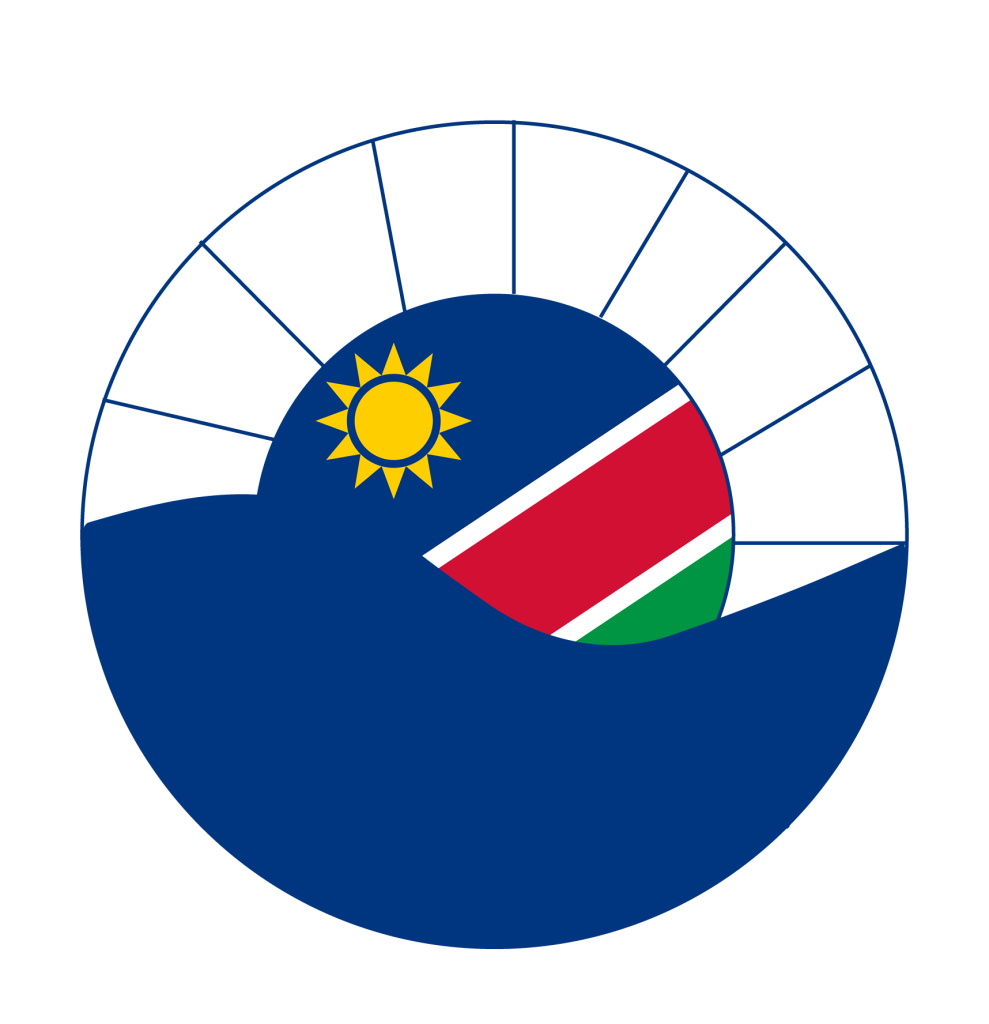
Namibia Country Position at COP28
Global warming is one of the major threats to humankind ever that needs a global solution. Although all nations across the globe are affected by its adverse impacts, their adaptive capacities vary in terms of recovery from the losses and damages associated with the impacts of climate change. In most cases, developing countries (non-annex 1) including Namibia have limited capacities to cope with the impact of climate change due to limited financial resources, technology and human resources.
It is against this background that a United Nations Framework Convention on Climate Change (UNFCCC) was born at the Rio-Summit on sustainable development in Rio de Janeiro, Brazil in 1992 with entry into force in 1994 and Namibia ratified it in 1995. The ultimate objective of the Climate Change Convention (UNFCCC) is to achieve “stabilization of greenhouse gas concentrations in the atmosphere at a level that would prevent dangerous anthropogenic interference with the climate system.” The latest climate analysis has identified a stabilization range of 450 to 500 parts per million (ppm) CO2. According to the UNFCCC, this level should be reached within a time frame that allows the ecosystems to adapt naturally to global warming, while making sure that food production is not at risk and that development occurs in a sustainable manner.
The UNFCCC is guided by the Intergovernmental Panel on Climate Change (IPCC) that provides advanced scientific advice to the Convention as well as the Subsidiary Body for Scientific and Technical Advice (SABSTA) that works closely with the Subsidiary Body of Implementation (SBI). Under the Convention, a Kyoto Protocol was adopted in 1997 to give quantified emission reduction (ER) targets to developed countries (Annex 1 Parties) in the commitment period from 2002 – 2012. A second commitment period from 2013 – 2020 was agreed at COP 17 in Durban, South Africa and amendments to the quantified emission reduction targets were agreed at COP 18 in Doha, Qatar.
As Namibia prepares for participation at COP28, a position paper has been developed outlining the country’s objectives and issues of relevance to Namibia. These include: Finance, Adaptation, Mitigation, Capacity Building and technology Transfer, just transition and economic diversification/response measures and loss and damage.

 fsdf
fsdf